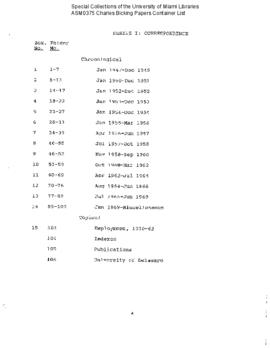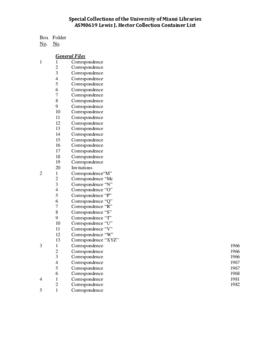The Historical Documents Collection includes letters, deeds, bonds, receipts, orders, position appointments, writings, and other documents that are individual in nature and do not belong to any particular collection. The materials represent a number of prominent figures in the areas of art, literature, music, science, scholarship, business, law, military, politics, diplomacy, and religion. The items range in date from 1642-1977, but the bulk date from the 1760s through the 1920s. Most of the materials are American in origin, although some are from Mexico and Europe, particularly Great Britain.
Individuals represented in the collection include, but are not limited to: Elizabeth Barrett Browning, Samuel Langhorne Clemens (Mark Twain), Charles Dickens, Oliver Wendell Holmes, Ralph Waldo Emerson, Washington Irving, Aldous Huxley, Rudyard Kipling, Ezra Pound, John Muir, Sigmund Freud, and Igor Stravinsky, Benjamin Butler, James Longstreet, Edmund Gaines Pendleton, Matthew Perry, William Tecumseh Sherman, Friedrich Wilhelm August Heinrich Ferdinand von Steuben, John Quincy Adams, Napoleon Bonaparte, Aaron Burr, Alexander Hamilton, Jefferson Davis, Ulysses Simpson Grant, Sam Houston, Andrew Jackson, James Madison, James Oglethorpe, William Howard Taft, Herbert Hoover, Thomas Paine, Woodrow Wilson, and King Louis XVIII.



